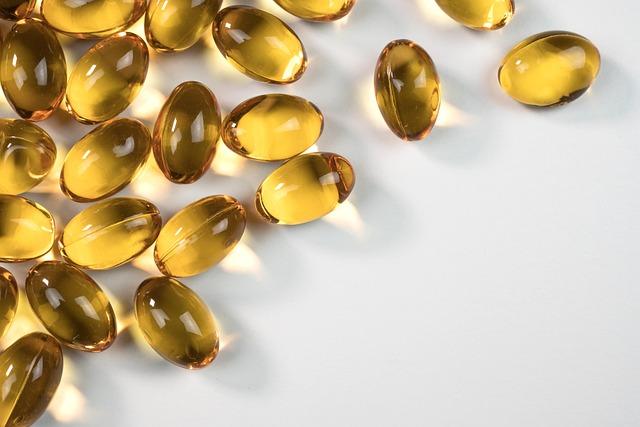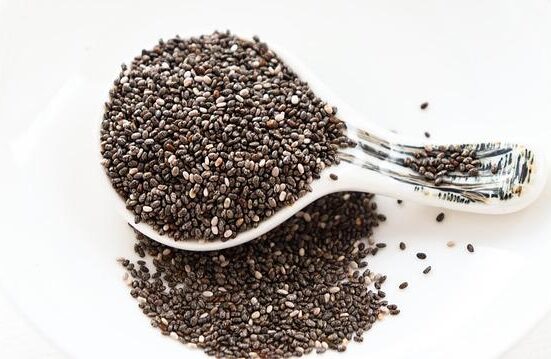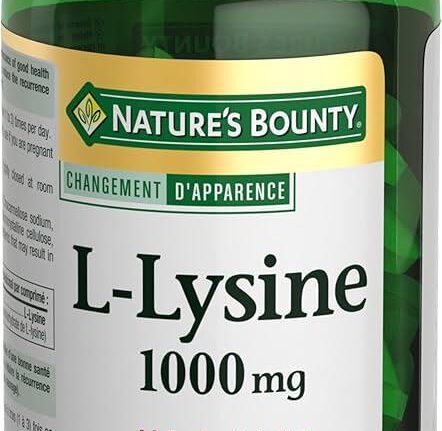In the pursuit of fitness, athletes and enthusiasts alike often push their bodies to the limits, embracing the burn that comes with a challenging workout. Yet, as the sweat dries and the adrenaline fades, a new challenge arises: how to efficiently recover from the physical toll of exercise. Enter the world of post-workout recovery supplements, an industry booming with promises of accelerated muscle repair and enhanced performance.From protein powders that fuel regeneration to complex blends of vitamins and minerals designed to combat soreness,these formulations claim to be the secret ingredient in the recipe for recovery. But amidst the myriad of options available, what truly contributes to muscle repair? This article delves into the science behind post-workout recovery supplements, exploring their efficacy, understanding the mechanisms at play, and uncovering what, if anything, really helps expedite recovery.Join us as we sift through the hype and examine the evidence, guiding you toward informed choices in your recovery journey.
Understanding the Role of Protein in muscle Repair
protein is frequently enough heralded as the building block of muscle, playing a crucial role in the recovery process following strenuous workouts. When we exercise, especially during resistance training, tiny tears occur in muscle fibers. The body responds by initiating a repair process,which involves the synthesis of new proteins to patch up the damaged ones. This is where protein intake becomes vital. Consuming adequate amounts of protein post-workout not only provides the necessary amino acids but also stimulates the muscle protein synthesis (MPS) pathway,which is essential for muscle growth and repair.
To maximize recovery, it’s significant to focus on the timing and quality of protein consumption. Ideally, incorporating protein within a 30 to 60-minute window after exercising can optimize muscle recovery. High-quality protein sources, such as:
- Chicken breast
- Greek yogurt
- Eggs
- Whey protein
- Quinoa
serves not just to meet protein needs but also to provide other nutrients crucial for recovery. Moreover, combining protein with carbohydrates can enhance recovery even further, replenishing glycogen stores and promoting a more balanced recovery process.

exploring the Benefits of Amino Acids for Recovery
Amino acids are the building blocks of protein, playing a pivotal role in stimulating muscle repair and recovery after intense workouts. essential amino acids (EAAs), particularly leucine, have been shown to enhance muscle protein synthesis. This process aids in the recovery of muscles,helping to reduce soreness and improve overall performance. Incorporating amino acids into your post-workout routine can also help in:
- Reducing muscle soreness: eaas can alleviate the effects of delayed onset muscle soreness (DOMS).
- Improving muscle strength: Enhanced protein synthesis contributes to greater strength gains.
- Boosting immune function: Amino acids support the immune system, which can be compromised after strenuous exercise.
in addition to these benefits, specific amino acids like glutamine can aid in recovery by replenishing glycogen stores and reducing breakdown in muscle tissue. Glycine and proline are also essential for collagen synthesis, which contributes to tendon and ligament health. Understanding the role of these compounds can help athletes tailor their supplementation strategies effectively.Here’s a brief look at some key amino acids and their recovery benefits:
| Amino Acid | Benefit |
|---|---|
| leucine | Stimulates muscle protein synthesis |
| Glutamine | Aids glycogen replenishment |
| arginine | Enhances blood flow and nutrient delivery |
| tyrosine | Helps in recovery and reduces fatigue |

The Impact of hydration and Electrolytes on Post-Exercise Healing
Hydration plays a crucial role in post-exercise recovery, as it helps to restore fluid levels lost through sweat and supports optimal bodily functions. When the body is adequately hydrated, nutrient delivery to muscles improves, enhancing repair processes. This is particularly vital during the recovery phase, as water aids in transporting essential nutrients and compounds that facilitate muscle healing. Consider the following benefits of proper hydration:
- Supports Metabolism: Fluid balance is essential for metabolic processes that contribute to muscle repair.
- Reduces Muscle Cramping: adequate hydration helps prevent cramps that can impede recovery.
- Enhances Performance: Well-hydrated muscles function better, leading to improved recovery times.
Electrolytes, such as sodium, potassium, and magnesium, also play a significant role in recovery by regulating fluid balance and muscle function.During intense workouts, these minerals can be depleted, possibly leading to fatigue, cramping, and prolonged recovery times. Replenishing electrolytes post-exercise can facilitate faster healing and reinstate optimal muscle function. Here’s a simplified look at how key electrolytes impact recovery:
| electrolyte | Function | Sources |
|---|---|---|
| Sodium | Regulates fluid balance | Sports drinks, salt |
| Potassium | Supports muscle contractions | Bananas, spinach |
| Magnesium | Helps with recovery and relaxation | Nuts, dark chocolate |

Natural Remedies: Herbs and Nutrients for Enhanced Recovery
When it comes to optimizing recovery after intense workouts, natural remedies, particularly specific herbs and nutrients, can play a significant role in enhancing muscle repair. Incorporating anti-inflammatory herbs can greatly alleviate muscle soreness and speed up recovery times.Some of the most effective ones include:
- Turmeric: Contains curcumin, known for its powerful anti-inflammatory properties.
- Ginger: Aids digestion and reduces muscle pain, thanks to its anti-inflammatory effects.
- Boswellia: This ancient herb supports joint health and has been linked to reduced exercise-induced inflammation.
Additionally, ensuring the intake of essential nutrients can further facilitate the recovery process. Key players include:
| Nutrient | Benefit |
|---|---|
| Omega-3 Fatty Acids | Reduces inflammation and muscle soreness. |
| Magnesium | Supports muscle relaxation and recovery. |
| Vitamin C | Promotes collagen production and reduces muscle damage. |
By integrating these herbs and nutrients into your post-workout routine, you can harness the power of nature to promote recovery effectively, ensuring that your muscles are primed for the next challenge ahead.
Future Outlook
In the pursuit of athletic excellence, understanding post-workout recovery supplements is akin to deciphering a complex puzzle. Each piece, from protein and amino acids to electrolytes and antioxidants, plays a vital role in the intricate dance of muscle repair and growth.As we’ve explored, there is no one-size-fits-all solution; individual needs vary depending on lifestyle, workout intensity, and personal goals.
The journey to optimal recovery involves a blend of science, personal experimentation, and a touch of patience. By discerning what works best for your body and integrating evidence-based practices, you can unlock your potential and set the stage for tomorrow’s achievements.
As you delve into the world of recovery, remember: knowledge is power. Equip yourself with the insights garnered from research and expert opinions, and let them guide you on your path to rejuvenation. the key to muscle repair lies not solely in the supplements you choose,but in a holistic approach that encompasses nutrition,hydration,rest,and mindful self-care. So, take these lessons forward, listen to your body, and embrace the recovery process—after all, every great performance is borne from the meticulous art of recovery.














Leave feedback about this